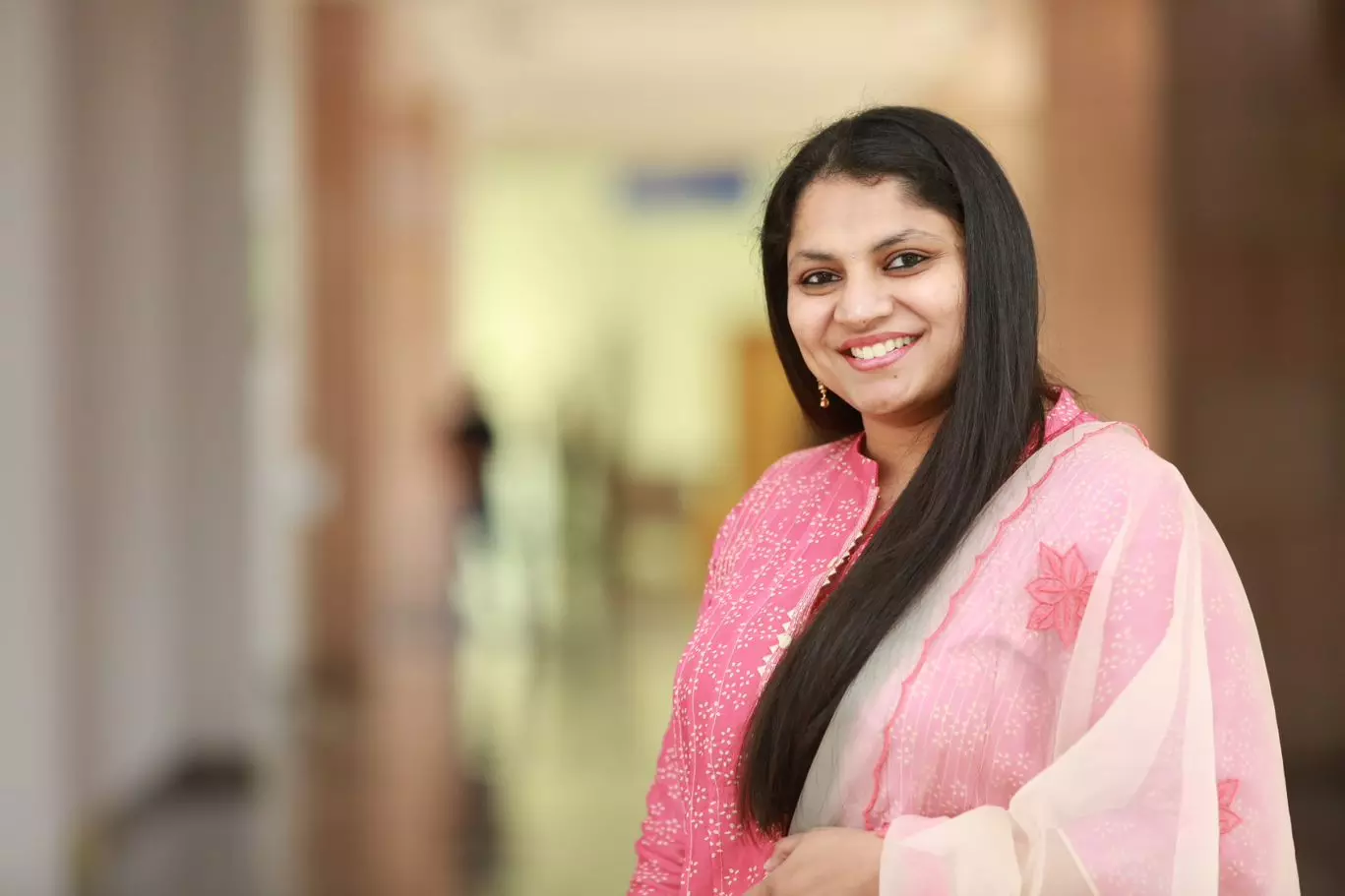Schools Must Evolve From Information Providers to Life-readiness Ecosystems
I envisioned an institution that champions purpose over pressure, authenticity over conformity, and wisdom over knowledge.

(Photo by arrangement)
Sindhuri Reddy, founder and Managing Director, shares her vision for a progressive K-12 school that prioritises holistic development, experiential learning, and character building.
What inspired you to create a progressive K–12 school, and what values do you hope to instill in your students?
The inspiration came from a deeply personal space—my journey as a parent. I wanted a school that didn’t simply chase academic excellence but created a space where children could explore who they are, why they exist, and how they can contribute meaningfully. I envisioned an institution that champions purpose over pressure, authenticity over conformity, and wisdom over knowledge.
How do you balance academic excellence with holistic development in your approach to education?
We firmly believe that academic brilliance must be complemented by emotional intelligence, creative problem-solving, and ethical grounding. We follow a future-ready curriculum rooted in CBSE and Cambridge frameworks. This is layered with real-world skills, such as entrepreneurship, communication, and global awareness. But we don’t stop there. Children engage in performing arts, public speaking, team sports, mental wellness sessions, and leadership programs, giving equal weight to IQ, EQ, CQ (Creative Quotient), and AQ (Adversity Quotient). For us, education is not a race; it's a journey toward becoming a whole person.
Can you share some examples of how experiential learning and design thinking are integrated into the curriculum?
Experiential learning lies at our core: theory meets real-world application through hands-on labs, community projects, and STEAM exercises.
For instance, in the early years, children engage in play-based exploration that cultivates critical thinking. In middle school, integrated subjects allow them to design sustainable solutions and explore ethical living. In high school, our design thinking labs and entrepreneurial modules empower students to ideate, prototype, and solve problems under expert mentorship. Design thinking at Premia is not just a subject—it’s a mindset. One of our flagship platforms, YOLO (You Only Live Once), is a student-led career conclave where learners curate sessions with industry experts, design marketing plans, and run operations end-to-end. These experiences turn classrooms into launchpads—where theory becomes action and mistakes become fuel for growth.
How does the framework shape the character and emotional intelligence of your students?
Character is built in quiet moments—how you speak, how you handle failure, how you stand up for others. Through programs like Swadhyay (Experiential Awakening), Spring Up, and School Cinema, students explore values like gratitude, courage, mindfulness, and self-awareness. Weekly reflections, open circle time, and ethics discussions are part of our school culture.
Our student council, house systems, and social impact projects give learners the space to lead with empathy and purpose. They learn that leadership is not about being in charge, but about being of service.
What role do you see schools playing in nurturing practical problem-solvers and responsible citizens in today's world?
We live in a VUCA world—volatile, uncertain, complex, and ambiguous. Today, content is no longer king—context, character, and curiosity are.
Schools must equip learners to think critically, act ethically, and adapt quickly. At Premia, we teach students to solve real-world problems, navigate ambiguity, and collaborate across differences. Whether it’s building prototypes for sustainability challenges or organizing awareness campaigns, we ensure students don’t just study the world—they engage with it. Education must prepare them not just to survive the future, but to shape it responsibly.
How do you measure the success of your students, and what outcomes have you seen in terms of their academic and personal growth?
We view success as multidimensional. Yes, our students consistently perform well academically, but we also measure growth through confidence, collaboration, compassion, and creativity. We’ve seen students lead clubs, win inter-school competitions, launch start-up ideas at international fests, and—most importantly—find their voice. Many parents tell us their children have become more reflective, articulate, and self-driven. That, to us, is the true impact of education. Our greatest achievement is the transformation we witness daily in our classrooms. Today’s learners are tomorrow’s decision-makers. Schools must evolve from information providers to life-readiness ecosystems. And that, right there, is our mission for life.
( Source : Deccan Chronicle )
Next Story

